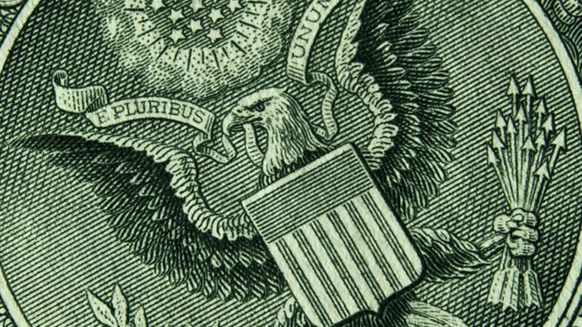
(Bloomberg) -- Oil rebounded from the lowest level since January after Saudi Arabia contacted other producers to discuss options to stem a rout that’s been driven by the worsening U.S.
-China trade war.
Futures rose as much as 3.4% in New York, clawing back most of Wednesday’s 4.7% plunge. Saudi Arabia continued price weakness and is considering all options, according to an official from the kingdom who asked not to be identified. That came after a surprise increase in U.S. stockpiles, the first gain in eight weeks, helped push down prices on Wednesday.
Crude has fallen around 10% this month as a deterioration in relations between the world’s two biggest economies worsened an already bleak consumption outlook. Growth in global oil demand is and won’t exceed 650,000 barrels a day in 2019, according to Vitol Group, the world’s largest independent oil trader. Bullish factors look pretty scarce now that American stockpiles have stopped sliding and tension in the Persian Gulf seems to have receded.
“Oil prices have clawed back some losses, but the sentiment remains overly bearish,” Stephen Innes, managing partner at VM Markets, said in a note. “The big question remains will the verbal intervention be enough to stem the tide, or will oil traders use this opportunity to increase short positions.”
West Texas Intermediate oil for September delivery added $1.63, or 3.2%, to $52.72 a barrel on the New York Mercantile Exchange as of 7:29 a.m. in London after rising as much as $1.75 earlier. The contract fell $2.54 on Wednesday to the lowest close since Jan. 14, capping an 8.2% slide over three days.
Brent for October settlement climbed $1.58, or 2.8%, to $57.81 a barrel on the ICE Futures Europe Exchange. It plunged 4.6% on Wednesday. The benchmark global crude traded at a premium of $5.16 to WTI for the same month.
Saudi Arabia, the world’s largest oil exporter, has already cut oil rig flanges gulf coast production more than required under the agreement between the Organization of Petroleum Exporting Countries and allies. Planned gatherings in Abu Dhabi early next month will be critical for leaders of the OPEC+ group, especially the Saudi and Russian energy ministers, to signal their intentions on production, said Helima Croft, chief commodities strategist at RBC Capital Markets.
U.S. nationwide crude inventories rose by 2.39 million barrels in the week through Aug. 2, compared with the median estimate for a 2.7 million barrel decline in a Bloomberg survey. Gasoline stockpiles also climbed, an alarming development during what is typically the peak summer driving season.
Vitol Group’s Chief Executive Officer Russell Hardy said in a Bloomberg TV interview that oil markets are focused on the trade war, while “slightly under-pricing” the risk of supply disruptions in the Persian Gulf. Weak demand in established markets is spurring Vitol to focus on emerging economies, he said.
“Uncertainties over global demand spurred by the U.S.-China trade spat have been overshadowing potential supply risks in the Middle East,” said Sungchil Will Yun, a commodities analyst at HI Investment & Futures Corp. in Seoul. “Until we see the demand picture improving, prices will likely stay low.”
To contact the reporters on this story:
Heesu Lee in Seoul at This email address is being protected from spambots. You need JavaScript enabled to view it.;
Ben Sharples in Hong Kong at This email address is being protected from spambots. You need JavaScript enabled to view it.
To contact the editors responsible for this story:
Serene Cheong at This email address is being protected from spambots. You need JavaScript enabled to view it.
Andrew Janes


